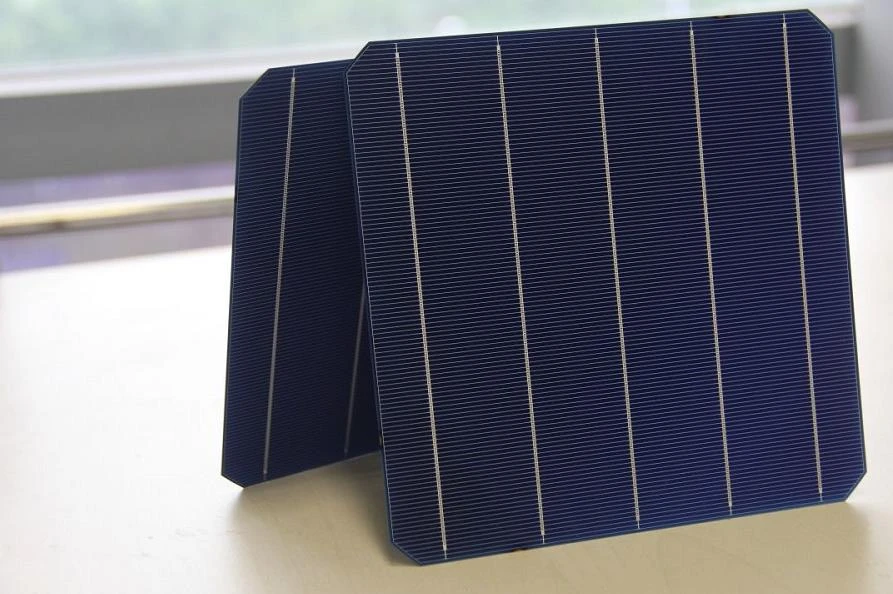common solar panel sizes
Common Solar Panel Sizes A Comprehensive Guide
As the world increasingly turns to renewable energy sources, solar power has garnered significant attention due to its myriad benefits. One of the key aspects of solar energy systems is the size of the solar panels themselves. Understanding common solar panel sizes is crucial for anyone considering a solar energy installation, whether for residential or commercial purposes. In this article, we’ll explore the various sizes of solar panels, their specifications, and the factors that influence the choice of panel size.
Standard Sizes of Solar Panels
Most solar panels come in standardized sizes to ensure compatibility with a range of mounting systems. The most common residential solar panels are typically 60-cell or 72-cell configurations. The dimensions for these panels can vary slightly between manufacturers, but here are the general specifications
1. 60-Cell Panels - Dimensions Approximately 65 inches by 39 inches (165 cm x 99 cm) - Power Output Ranges from 250 to 350 watts - Applications Primarily used for residential installations due to their balanced size and efficiency.
2. 72-Cell Panels - Dimensions Approximately 77 inches by 39 inches (195 cm x 99 cm) - Power Output Ranges from 350 to 450 watts - Applications Commonly used in commercial installations, where space is less of a constraint, and higher power output is required.
3. Monocrystalline vs. Polycrystalline - Monocrystalline panels tend to be slightly more efficient and compact compared to polycrystalline panels, which might be slightly larger for the same power output. This difference can affect the choice of panel size based on the available installation area.
Factors Influencing Panel Size Selection
When considering which solar panel size to install, several factors come into play
common solar panel sizes

- Available Roof Space The size of your roof and the amount of unshaded area will dictate how many panels you can install and, consequently, the total system size. If space is limited, opting for higher efficiency panels, such as monocrystalline options, may be beneficial.
- Energy Needs Calculate your household or business's energy consumption to determine how much power you need from your solar panel system. This calculation will help you decide on the total wattage and the number of panels required.
- Budget Larger panels typically have a higher upfront cost, but they can also produce more power, possibly offsetting installation costs over time. Balancing budget considerations with efficiency and energy needs is essential.
- Local Regulations and Incentives Some regions may have specific building codes or incentives that favor certain panel sizes or types. Researching local laws can help in making an informed decision.
Understanding Efficiency and Wattage
The wattage of solar panels indicates their power output under standard testing conditions. Higher wattage panels are usually more efficient, meaning they convert more sunlight into electricity. This efficiency is particularly important for installations with limited space. When choosing solar panels, it’s crucial to balance the physical size and the efficiency to ensure you’re maximizing your investment.
Conclusion
Choosing the right size of solar panels is essential for optimizing the performance and cost-effectiveness of a solar energy system. With standard sizes like 60-cell and 72-cell panels being the most common, it’s important to evaluate your specific needs, available space, and budget before making a decision. As the technology continues to evolve, newer panel sizes and configurations may emerge, allowing for even greater flexibility. Whether you are planning a small residential system or a large commercial installation, understanding common solar panel sizes will help you make informed choices that align with your energy goals. Embracing solar energy not only promotes sustainability but also contributes to long-term savings on energy costs.
-
String Solar Inverter: The High-Efficiency Solution for Smart Solar EnergyNewsJul.14,2025
-
Revolutionizing Rooftop Energy with the Power of the Micro Solar InverterNewsJul.14,2025
-
Power Independence with Smart Off Grid Solar Inverter SolutionsNewsJul.14,2025
-
On Grid Solar Inverter: Powering the Future with Smart Grid IntegrationNewsJul.14,2025
-
Monocrystalline Solar Panels: High-Efficiency Power for the Future of Clean EnergyNewsJul.14,2025
-
Bifacial Solar Panel: A Smarter Investment for Next-Generation Energy SystemsNewsJul.14,2025







